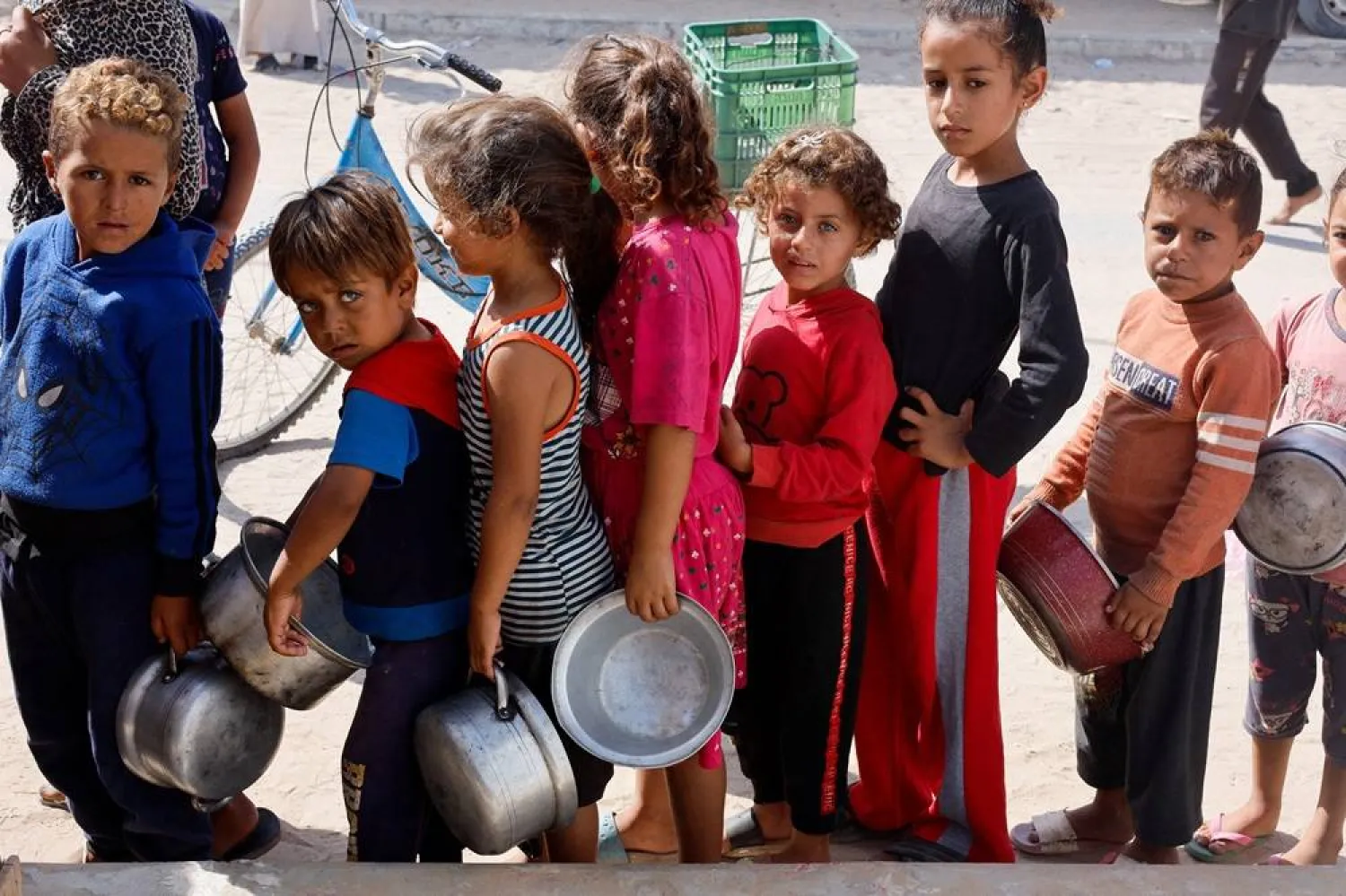The United States is watching to ensure that Israel's actions on the ground show that it does not have a "policy of starvation" in the northern Gaza Strip, US Ambassador to the UN Linda Thomas-Greenfield told the Security Council on Wednesday.
She told the 15-member council that such a policy would be "horrific and unacceptable and would have implications under international law and US law."
"The Government of Israel has said that this is not their policy, that food and other essential supplies will not be cut off, and we will be watching to see that Israel's actions on the ground match this statement," Thomas-Greenfield said.
The United States has told Israel it must take steps in the next month to improve the humanitarian situation in the Palestinian enclave or face potential restrictions on US military aid, US officials said on Tuesday.
Israel "remains committed to working with our international partners to ensure aid reaches those who need it" in the Gaza Strip, Israel's UN Ambassador Danny Danon told reporters ahead of the Security Council meeting.
"The problem in Gaza is not a lack of aid. The problem is Hamas, which hijacks the aid - stealing, storing and selling it to feed their terror machine, while civilians suffer," he said.
Hamas has repeatedly denied Israeli allegations that it was stealing aid and says Israel is to blame for shortages.
The Israeli military said on Wednesday it has allowed 50 trucks of humanitarian aid into northern Gaza in wake of the US warning.
COGAT, the Israeli military body in charge of civilian affairs in Gaza, said the delivery was made at the direction of Defense Minister Yoav Gallant and the "political echelon."
Northern Gaza was the first target of Israel’s massive air and ground offensive after Hamas’ Oct. 7, 2023, attack ignited the war. The region has suffered heavy destruction and has been completely encircled by Israeli forces for nearly a year.
No food entered northern Gaza for the first two weeks of this month, according to the World Food Program, as Israel launched another major military operation there. That raised fears that Israel planned to implement a plan by former generals to depopulate northern Gaza.
Israel began allowing food shipments in again on Monday.
US Secretary of State Antony Blinken and Defense Secretary Lloyd Austin, in a letter to their Israeli counterparts on Sunday, said Israel had 30 days to increase the number of aid trucks getting into the strip daily to 350 -- or the US would reconsider weapons shipments.
The US has spent at least $17.9 billion on military aid to Israel since the war in Gaza began, according to a report for Brown University’s Costs of War project.
The aid entering the strip Wednesday traveled from Jordan into north Gaza after passing Israeli inspection and contained food, water, medical supplies and shelter equipment, COGAT said.









